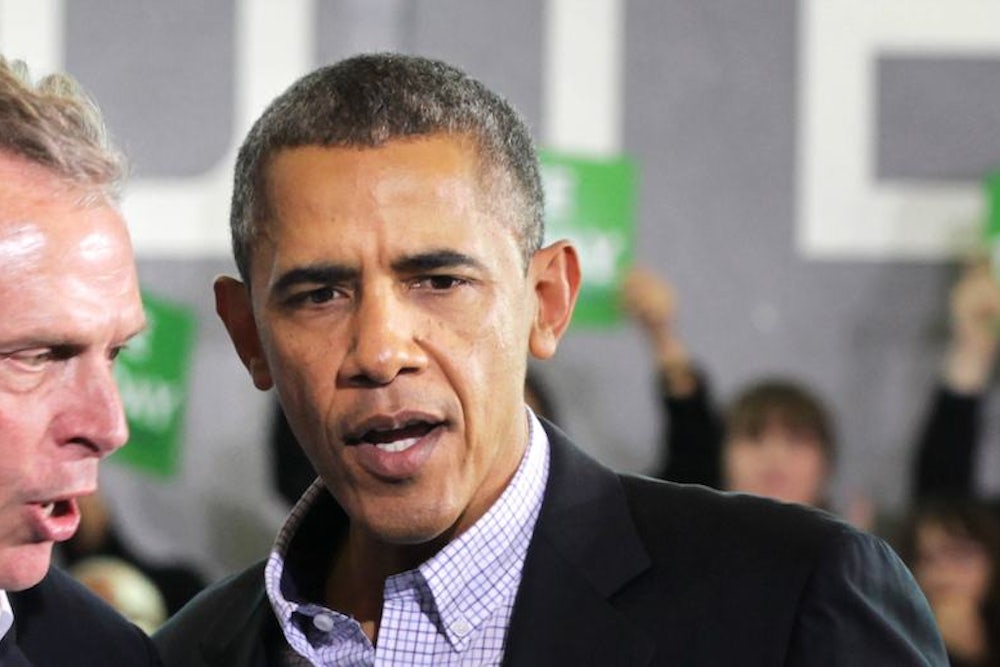Terry McAuliffe is, as usual, on the vanguard of fundraising trends in the Democratic Party. The unlikely candidate for (and likely winner of) Virginia’s governorship has, according to the New York Times, been showered with an “avalanche of money.” He’s raked in $34.4 million versus the Republican, Ken Cuccinelli’s, $19.7 million.
Some of the money comes from traditional Democratic sources: labor unions (to the tune of $2.5 million) and old Clinton pals like Doug Band and Ron Burkle. But the largest individual sum comes from Sean Parker, a tech billionaire, who donated $500,000 to the campaign.
As Maggie Haberman and Alexander Burns detailed in Politico, 2013 has been the year of the liberal billionaires when it comes to fundraising. And Parker’s give is actually small, relatively, since it went officially to the campaign. Big-ticket donors to the Democrats, like their conservative analogues the Koch brothers and Sheldon Adelson, have begun to embrace PAC-giving with a true vengeance. Michael Bloomberg and Mark Zuckerberg (neither a traditional Democrat, but mostly left-leaning) have each started their own. Bloomberg’s PAC, targeting gun issues, will spend $3 million in Virginia alone by election day, while hedge funder Tom Steyer’s group, NextGen Climate Action, has also been a significant force in the raise on McAuliffe's behalf.
Democrats have argued that their billionaire PAC-givers stand to benefit less directly from the candidates’ victories than do donors like the pragmatic Kochs, and while that’s certainly true for something like Bloomberg’s gun efforts, it’s less true for Zuckerberg’s immigration-reform push, and probably for Stayer’s interest in a certain kind of green-tech governor. There are new ways of giving money in politics, but very few new motivations for doing so. As Cucinelli reminded the Times, McAuliffe once gleefully wrote in his memoir that it was easy to fundraise for gubernatorial races, because there were just so many meaningful favors a governor can hand out.
What is new, though, might be an increased post-election reliance on that liberal billionaire as patron saint. As New York prepares to emerge from its Bloomberg years, during which the mayor was able to personally supplement funding for programs, the search is on for “a few of the right liberal rich guys” to back his likely successor, Bill de Blasio, as a source close to de Blasio told New York’s Chris Smith. Not to back his campaign, but back his mayoralty. And it seems perhaps he’s found at least one such liberal rich guy. George Soros is among the funders of the mysterious Talking Transition project, a vague two-week effort beginning this week meant to engage the community in the next administration. As Smith writes, “De Blasio’s campaign has no official role in Talking Transition. But with a friendly billionaire financier staging a splashy event boosting de Blasio’s themes under the guise of a worthy-sounding cause, perhaps some things won’t be changing too much after all.” It’s different, of course, to have the mayor supported by a billionaire than to have him be one — but it seems that, lately, Democrats aren’t as entirely averse to the concept of thinly-veiled, second-hand plutocracy as we’d like to think.
